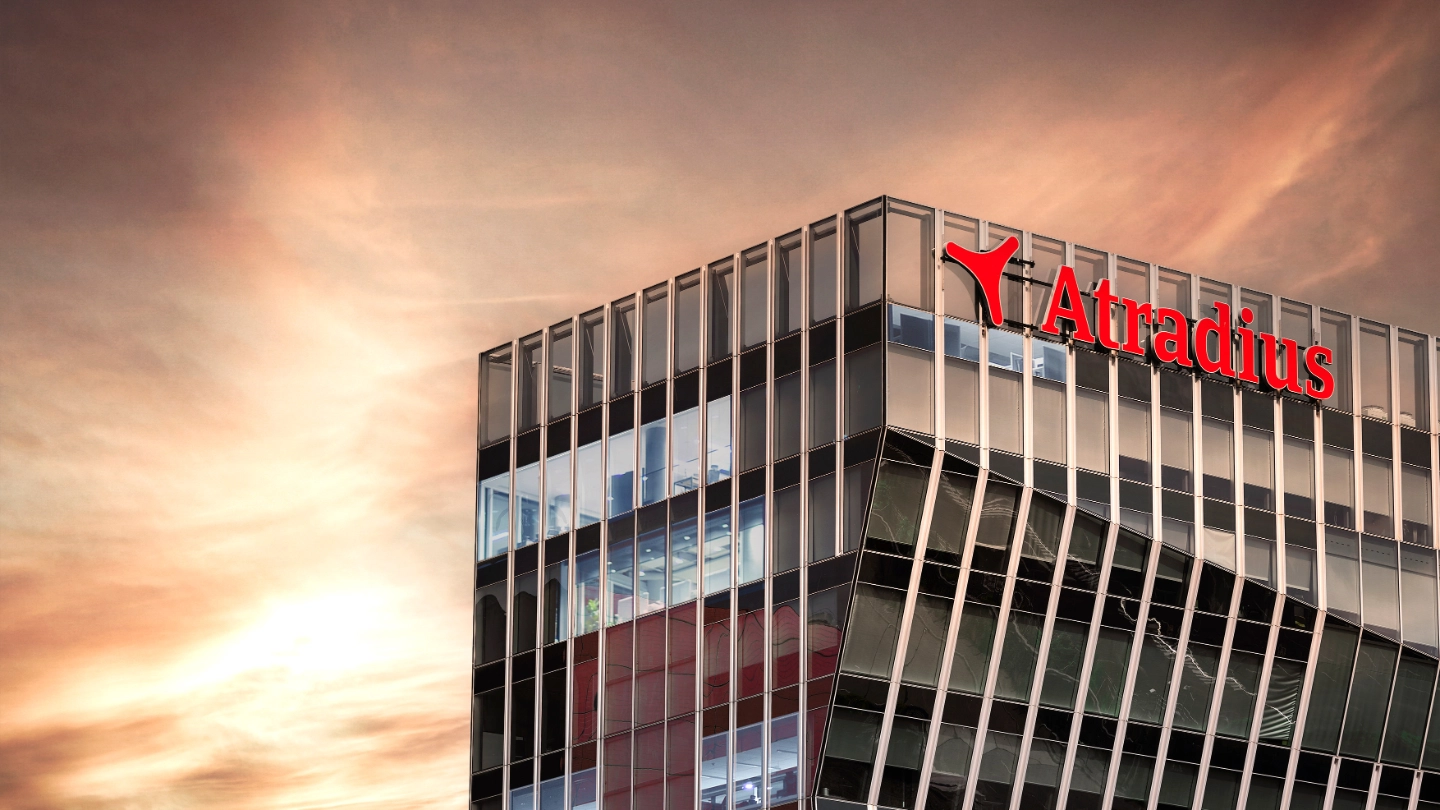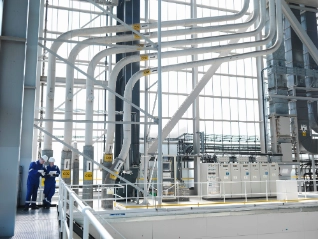
Insolvencies normalise, but trade war brings new risks

The promise and potential pitfalls of AI in international trade

Why now is the time to buy trade credit insurance

Ten tips to get your customers to pay on time

Case studies

Testimonials
Amid a fragmented global landscape, the EU and India are pursuing different strategies to build economic resilience...


Discover how the global economy is navigating trade tensions and uncertainty, with AI investment driving resilience and shaping growth prospects for 2026 and beyond

Industry growth slows as global trade applies the brakes

Can South Africa's GNU party overcome tensions and structural challenges to unlock GDP growth?

US tariffs, geopolitics and lower demand trigger a contraction of global automotive production in 2026

Tari...

Pharmaceuticals businesses throughout the world are reviewing their operational and...
Viewing 7 out of 175
Europe hopes faster AI adoption will make up for lagging investment in platforms and infrastructure


Atradius Syndicate 1864 will help financial institutions manage trade credit risk more efficiently

This year, Atradius celebrates a remarkable milestone: a century of operations in the Netherlands.

Tariffs and tight margins are...

Thanks to this partnership, our clients in Spain can become sellers on Alibaba.com’s B2B marketplace without paying an entry fee

Europe has committed to a new era in...

Trade tensions, AI investment and geopolitical shifts dominate the global trade agenda. The key takeaway: business must...
Viewing 7 out of 63







Viewing 7 out of 33
Credit insurance is often misunderstood. Myths about cost, complexity, and coverage mean many...


Understanding why credit insurance provides broader coverage, strategic risk management and financial stability compared...

How credit insurers evaluate risk and determine appropriate credit limits

Explore how surety bonds and bank guarantees work, their similarities and differences, and what they mean for...

Explore the trade-offs between credit insurance and self-insurance to protect cash flow and...

Globalisation makes market expansion inevitable, but entering new territories remains a complex and...

Credit...
Viewing 7 out of 31
Every customer is a...


Compare Credit Insurance and Atradius partner to Preventing £500,000 loss for electrical engineering contractor

Managing Director William Buchanan explains how Atradius helped Gressingham Group achieve mitigate risk and support their growth plans

Supporting existing and new customers growth and volume requirements while continuing to innovate in a fast paced, high...


With the backing of Atradius’s resources, EnCom Polymers has been able to expand business with existing customers and go after new business...

With the backing of Atradius’s resources, EnCom Polymers has been able to expand business with existing customers and go...
Viewing 7 out of 12
Calidad Pascual partners with international credit insurance firm Crédito y Caución Atradius to gain additional knowledge of international markets.


By providing open dialogue, insight and valuable credit information we helped Brook Green Supply improve their internal credit...

El Ganso credits our support in helping the fashion brand grow from a domestic-focused Spanish startup to a successful international business.

FERM (International) offers competitive payment terms and limits their credit risk to developing countries by using Atradius Dutch State Business (DSB) and...

Our agility and local knowledge of worldwide markets and buyers are key reasons why textiles business Georg Jensen Damask say they collaborate...

Janson Bridging (International) uses export credit insurance from Atradius Dutch State Business (DSB) to offer favourable credit terms to customers...

Late payers prompted content marketing agency KMOdynamoo to take out an Atradius credit insurance policy and has resulted in better debtor management.
Viewing 7 out of 9

































